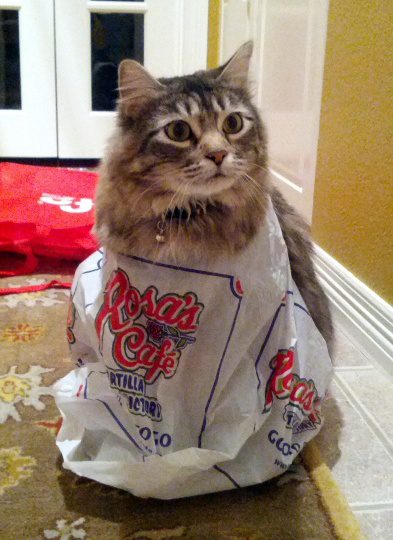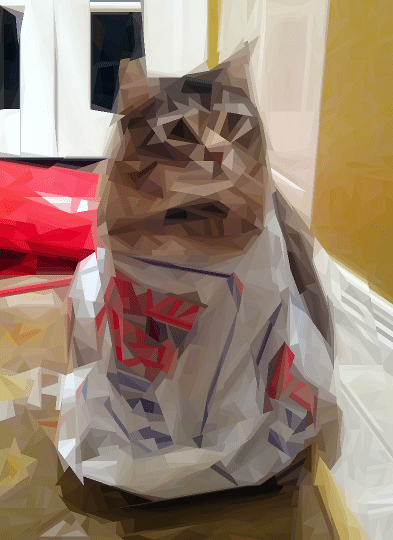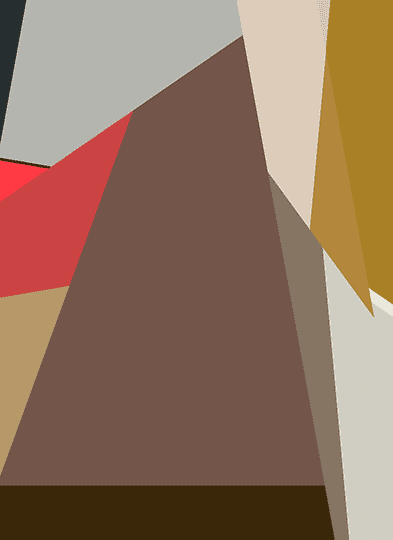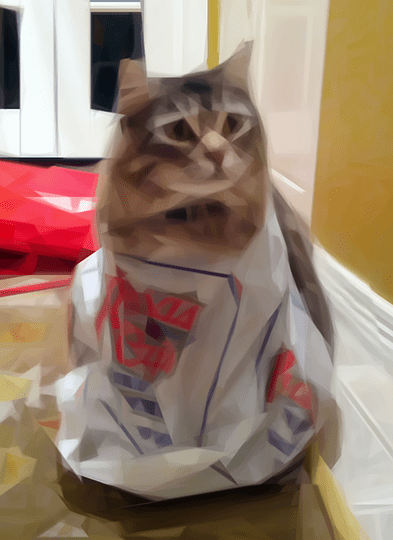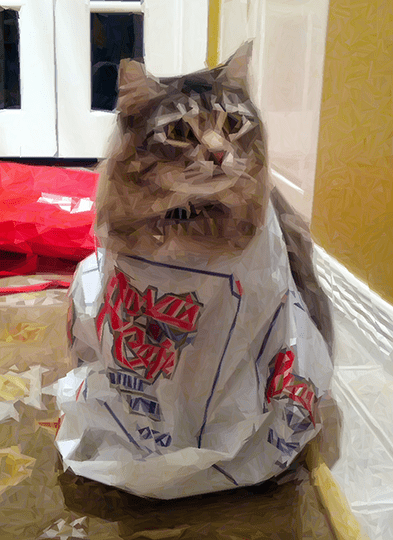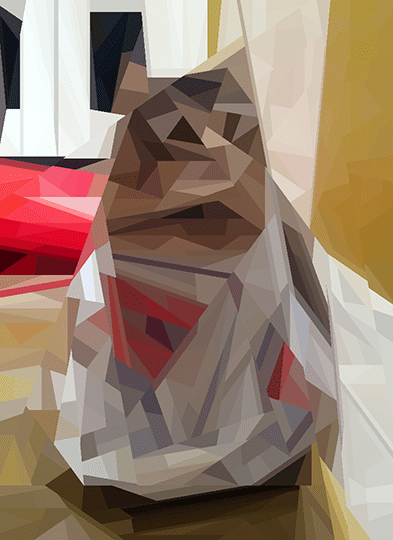We’re happy to showcase a side project from our Head of Research, Alec Radford. Using regression based machine learning techniques, he’s recently released an open-source image stylization library, stylize, for Python. Feel free to check out the repo and play with the code there!
Here’s what he has to say about it:
Inspired by the various projects implementing polygonal stylization of images via blends of genetic algorithms and hill climbing and Andrej Karpathy’s rephrasing of the problem in a machine learning framework.
Whereas genetic algorithm and hill climbing approaches can take hours, stylize runs in seconds with much greater flexibility and higher fidelity when desired.
Usage (example.py has more detail):
from stylize import render
from scipy.misc import imread
image = imread('image.jpg')
defaults = render(image)
Our Test Subject, my cat Iggy
Default stylization
render(image)
Abstract
render(image,depth=4)
Smooth
render(image,iterations=25)
More Detail
render(image,ratio=0.00005)
Less Detail
render(image,ratio=0.001)
Visualizing the Process
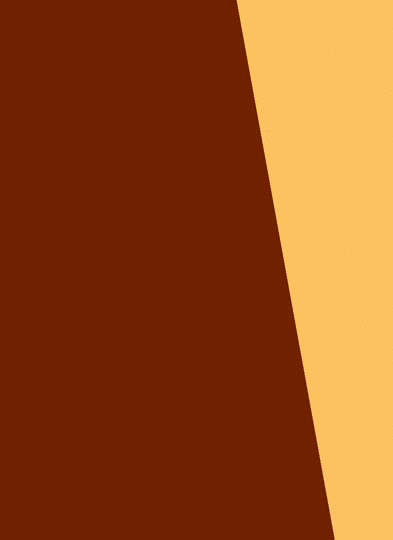
is currently based off of regression trees and an ensembled version of that model, the random forest regressor. Regression trees work by recursively partitioning (“splitting”) their input feature space and assigning associations to those partitions (such as colors). At each frame the model splits every partition in half again until hitting its minimum partition size.
